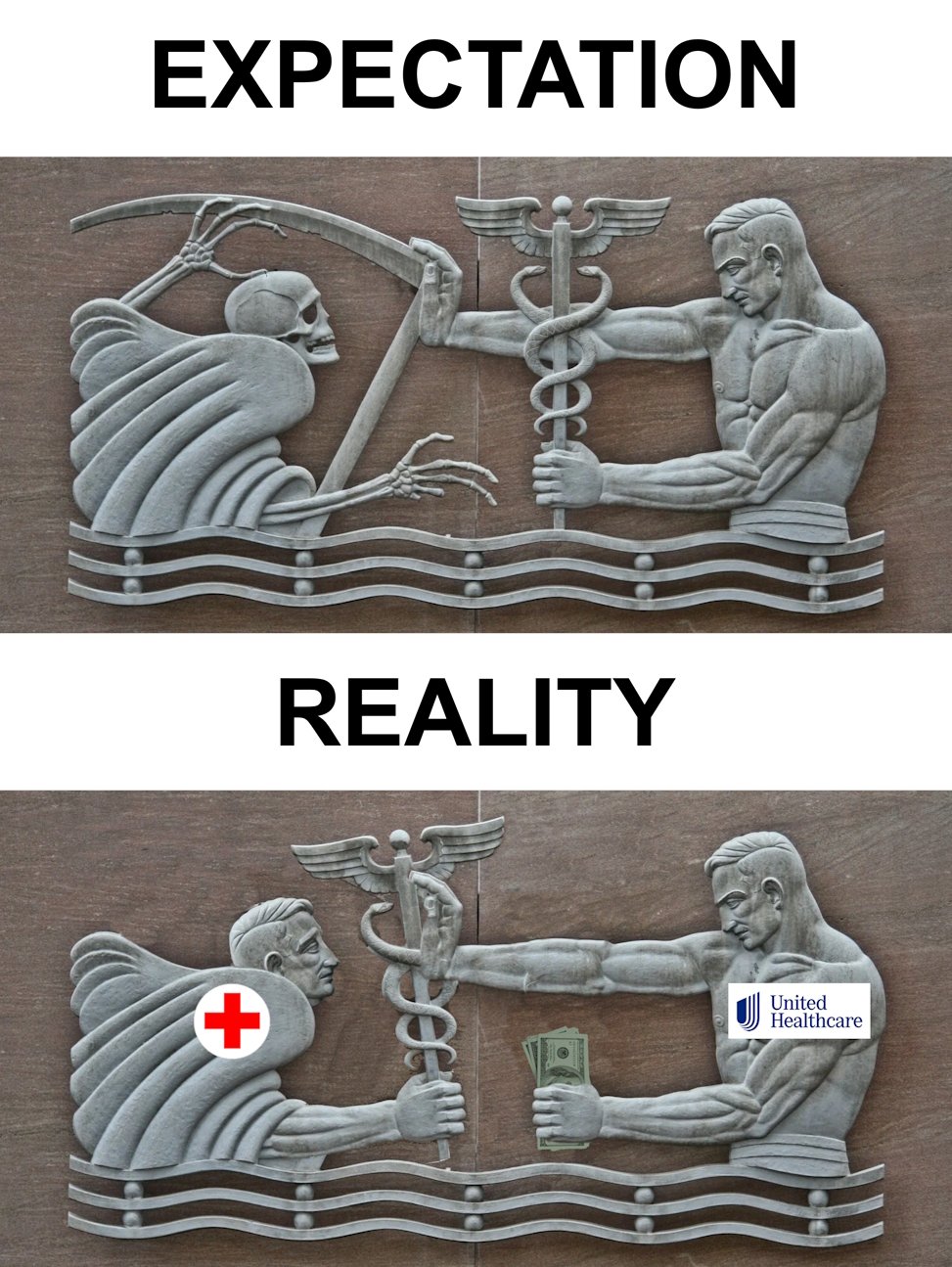this post was submitted on 27 Dec 2024
989 points (98.8% liked)
memes
16739 readers
2507 users here now
Community rules
1. Be civil
No trolling, bigotry or other insulting / annoying behaviour
2. No politics
This is non-politics community. For political memes please go to !politicalmemes@lemmy.world
3. No recent reposts
Check for reposts when posting a meme, you can only repost after 1 month
4. No bots
No bots without the express approval of the mods or the admins
5. No Spam/Ads/AI Slop
No advertisements or spam. This is an instance rule and the only way to live. We also consider AI slop to be spam in this community and is subject to removal.
A collection of some classic Lemmy memes for your enjoyment
Sister communities
- !tenforward@lemmy.world : Star Trek memes, chat and shitposts
- !lemmyshitpost@lemmy.world : Lemmy Shitposts, anything and everything goes.
- !linuxmemes@lemmy.world : Linux themed memes
- !comicstrips@lemmy.world : for those who love comic stories.
founded 2 years ago
MODERATORS
you are viewing a single comment's thread
view the rest of the comments
view the rest of the comments

Interesting.
Now I'm off to find how a mfing snake ever became a symbol of health.
Microbiologist here: I was taught that part of the origin of the symbol was the way a specific worm was removed, you had a stick or rod or whatever and you made a little incision where the worm is, then slowly pull it out and wind it around the rod
One of man’s first medical procedures
Hey fellow micro! That perfectly describes guinea worm removal. Nasty little buggers.
I've seen a video of the ancient method being done by a tribe... somewhere. It's been a long time. Hardcore and very cool.
Wow I knew about the difference in the staves, but I always wondered what the snake had to do with it. Nice write up, saving this for sure!
Also that's the coolest version of the staff I've ever seen. If I were a nurse or something I would be getting that tattoo.
It's from wikipedia so you don't have to save.
I'm more likely to remember it saved on Lemmy than in browser favorites sadly.